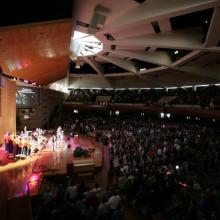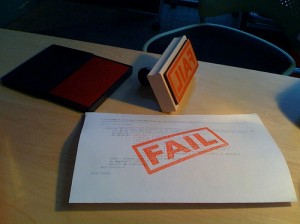justice clarence thomas
The U.S. Supreme Court on Thursday let three American Muslim men sue several FBI agents who they accused of placing them on the government's "no-fly list" for refusing to become informants, rejecting a challenge to the lawsuit by President Donald Trump's administration.
It may take years to fully grasp the import of the Supreme Court’s decision in Trinity Lutheran Church v. Comer, where the court ruled 7-2 that the state of Missouri had expressly and unjustifiably discriminated against a church by disqualifying it from receiving a public benefit (scrap tire to enhance playground safety) solely because of the church’s religious character.
But here are six initial observations about the ruling:
The court ruled that Trump may bar people from six majority Muslim countries — Iran, Libya, Somalia, Sudan, Syria, and Yemen — if they have no “bona fide” relationship to the U.S. Those that have established ties will be allowed to continue entering the country.
That means officials at the Department of Homeland Security and the State Department will have to begin sorting through each application submitted by travelers from the six targeted countries to determine if they have enough of a link to the U.S. to enter.
The U.S. Supreme Court on Monday let stand a lower court ruling that a Wisconsin high school acted unconstitutionally when it held its graduation ceremonies in a local megachurch.
As is their custom, the justices did not give a reason for declining to hear a challenge to the 7th Circuit ruling.
Monday’s decision may be a signal by the court that despite its approval of sectarian prayers at public meetings in the Town of Greece v. Galloway decision in May, it draws the line at exposing children to religious symbols when they have not choice about it.




